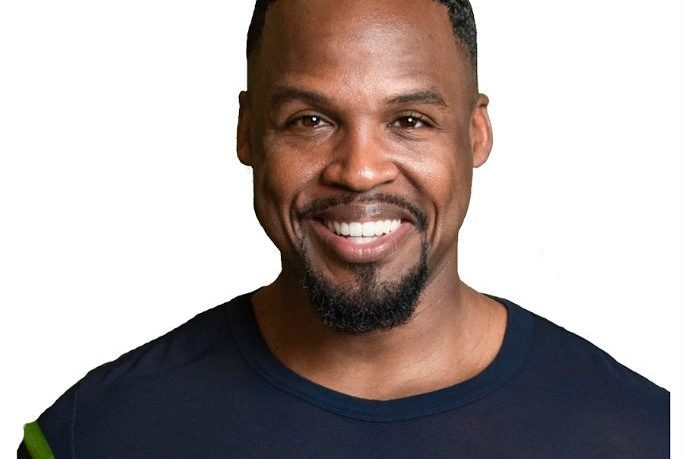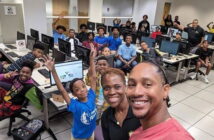By Megan Sayles, AFRO Business Writer,
Report for America Corps Member,
msayle@safro.com
Growing up, patent attorney Jean-Que Dar loved the arts. He was raised by immigrant parents from Haiti, and he was not allowed to have friends, so he turned to music.
Dar could play every instrument that used the treble clef, and when the time came to look at colleges, he told his parents he wanted to be a musician.
His mother emphatically opposed his aspirations because she wanted her children to have stable, respectable careers, and she didn’t think music would lead Dar to one.
However, his admiration for the arts and music endured, even while working as a prosecution specialist for a biopharma company in Los Angeles.
While in that role, Dar noticed that many people who were breaking into the entertainment industry came to the firm looking for legal advice to protect their intellectual property. He, along with a team of partners, decided to open IP Precise, to provide affordable services for intellectual property prosecution.
One day, a female creative came to the firm after being financially exploited by a man she hired to help her develop a film project. Dar and his team worked diligently to locate the man and bring the conflict to resolution, but Dar soon realized that this was a common occurrence in the entertainment space.
“There is a massive gap of people that work in the entertainment industry, they just don’t have access to each other,” said Dar. “In addition, with the people that do work in entertainment, they’re constantly finding themselves talking to people that are not who they say they are.”
Dar launched tap in July to serve as a secure global marketplace for entertainment professionals.
The app uses biometric software to verify the identity of individuals looking to join the platform, and after vetting them, tap then authenticates their resume, checking that they have actually worked on the productions and projects they’ve listed.
The app also allows users to create a professional network detailing the people they’ve worked with in the entertainment industry, streamlining the process of making credible connections. Dar refers to tap as “LinkedIn on steroids for the entertainment industry.”
In recent years, viewers, activists and actors have condemned television and film for the lack of female representation and diversity behind and in front of the cameras. This is especially true for movies and television that attempt to portray the Black experience without including Black voices in writer’s rooms, production and on screen.
Typically, the lack of representation is defended by claims that television networks and film studios cannot easily find women or minorities who have the experience and skills to fill positions on set. With access to tap, this defense becomes defective.
tap uses biometric software to verify the identity of its users and blockchain technology to keep a record of chats carried out on the platform. (Courtesy Photo)
Users are able to choose filters to search for people who fit specific ethnicities, races and genders while also possessing an adequate amount of experience in their craft.
The platform is also the first space in the entertainment industry where professionals can keep a record of their conversations forever with the use of blockchain technology. This feature is especially significant for players in the music industry, which has a long history of sampling controversies.
Chats on tap can be used in court as proof that an artist gave or denied permission to use their music.
While tap may seemingly target creatives, the platform was created for every professional in the entertainment industry, including producers, writers, directors, talent agents and marketing coordinators.
Dar thinks film financiers will benefit the most from using tap because of their direct access to popular productions, their ability to invest in those productions and the app’s high level of privacy and security.
Right now, tap’s beta version is available on iOS for Los Angeles residents to download, and a full release to the greater population is scheduled for the end of September.
“For the first time, this platform provides a place where creative and executives can be in the same room working together on deals, and I think this is going to change the industry dramatically,” said Dar.
Help us Continue to tell OUR Story and join the AFRO family as a member – subscribers are now members! Join here!



